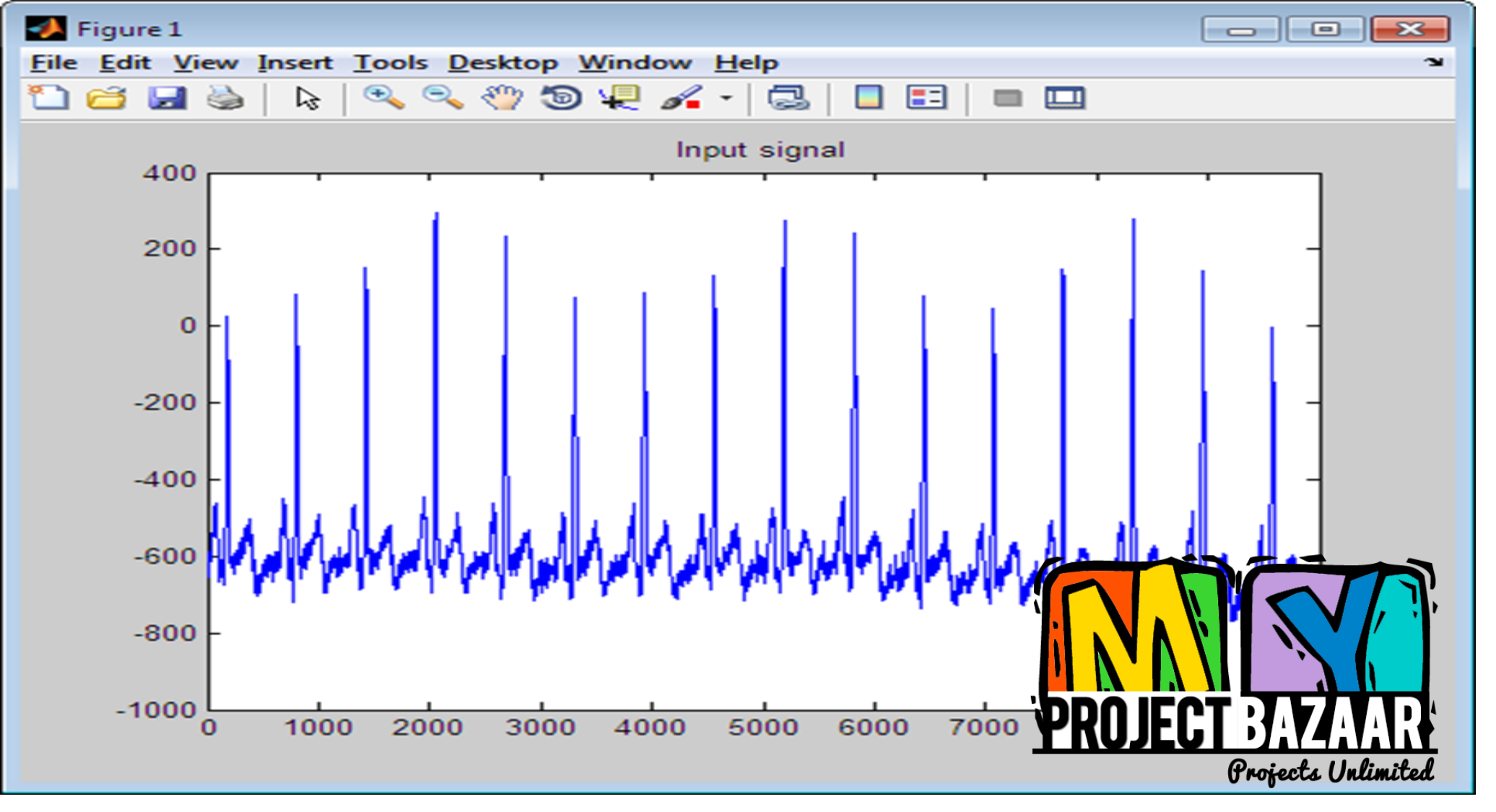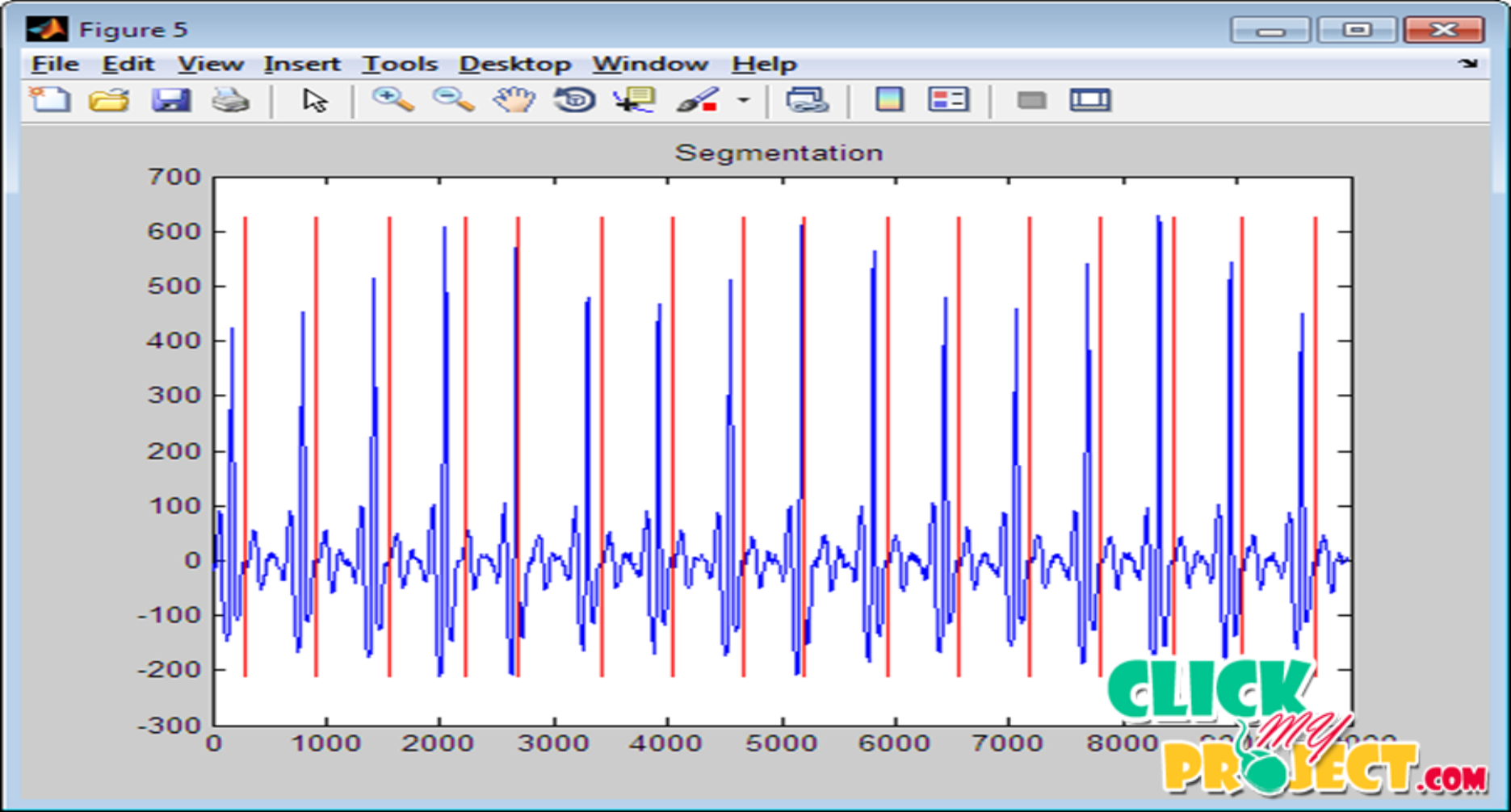
Multiscale Energy and Eigenspace Approach to Detection and Localization of Myocardial Infarction
Product Description
Multiscale Energy and Eigenspace Approach to
Detection and Localization of Myocardial Infarcti
Abstract— Multiscale Energy and Eigenspace Approach to Detection and Localization of Myocardial Infarcti. A novel technique on a multiscale energy and eigenspace (MEES) approach is proposed for the detection and localization of myocardial infarction (MI) from multilead electrocardiogram (ECG). Wavelet decomposition of multilead ECG signals grossly segments the clinical components at different subbands. In MI, pathological characteristics such as hypercute T-wave, inversion of T-wave, changes in ST elevation, or pathological Q-wave are seen in ECG signals. This pathological information alters the covariance structures of multiscale multivariate matrices at different scales and the corresponding eigenvalues. The clinically relevant components can be captured by eigenvalues. Multiscale wavelet energies and eigenvalues of multiscale covariance matrices are used as diagnostic features. Support vector machines < Final Year Projects 2016 > with both linear and radial basis function (RBF) kernel and K-nearest neighbor are used as classifiers. Datasets, which include healthy control, and various types of MI, such as anterior, anteriolateral, anterioseptal, inferior, inferiolateral, and inferioposterio-lateral, from the PTB diagnostic ECG database are used for evaluation. The results show that the proposed technique can successfully detect the MI pathologies. The MEES approach also helps localize different types of MIs. For MI detection, the accuracy, the sensitivity, and the specificity values are 96%, 93%, and 99% respectively. The localization accuracy is 99.58%, using a multiclass SVM classifier with RBF kernel.
Including Packages
Our Specialization
Support Service
Statistical Report

satisfied customers
3,589
Freelance projects
983
sales on Site
11,021
developers
175+Additional Information
| Domains | |
|---|---|
| Programming Language |
Would you like to submit yours?

















There are no reviews yet